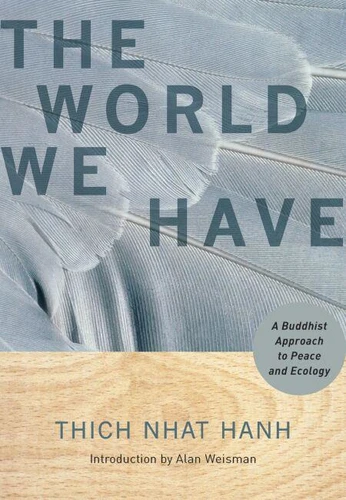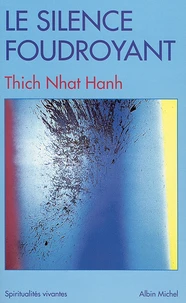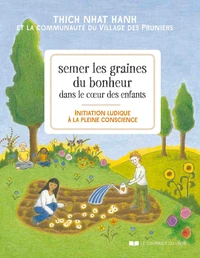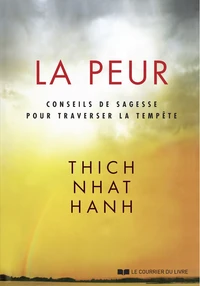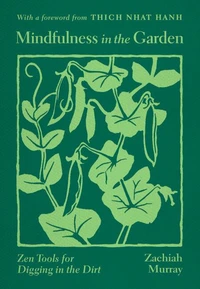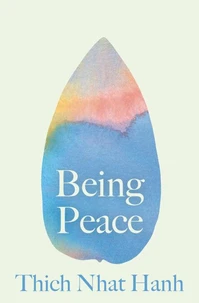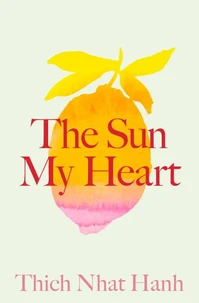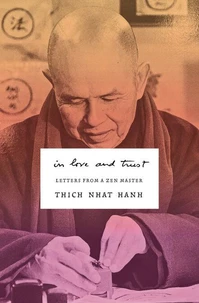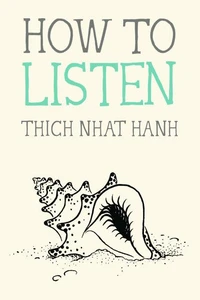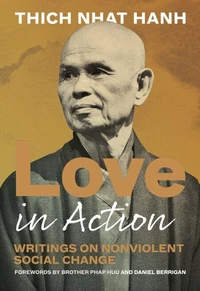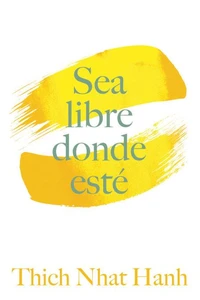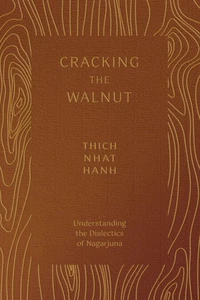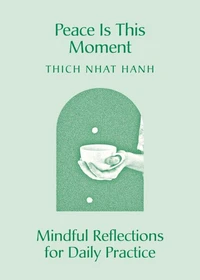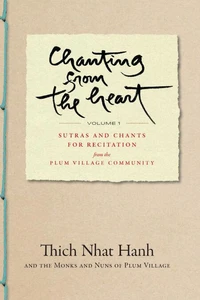The World We Have. A Buddhist Approach to Peace and Ecology
Par : ,Formats :
Disponible dans votre compte client Decitre ou Furet du Nord dès validation de votre commande. Le format ePub protégé est :
- Compatible avec une lecture sur My Vivlio (smartphone, tablette, ordinateur)
- Compatible avec une lecture sur liseuses Vivlio
- Pour les liseuses autres que Vivlio, vous devez utiliser le logiciel Adobe Digital Edition. Non compatible avec la lecture sur les liseuses Kindle, Remarkable et Sony
- Non compatible avec un achat hors France métropolitaine
 , qui est-ce ?
, qui est-ce ?Notre partenaire de plateforme de lecture numérique où vous retrouverez l'ensemble de vos ebooks gratuitement
Pour en savoir plus sur nos ebooks, consultez notre aide en ligne ici
- Nombre de pages160
- FormatePub
- ISBN978-1-935209-05-8
- EAN9781935209058
- Date de parution03/06/2025
- Protection num.Adobe DRM
- Taille2 Mo
- Infos supplémentairesepub
- ÉditeurParallax Press
Résumé
In The World We Have peace activist and venerable Buddhist teacher Thich Nhat Hanh offers a dramatic vision of the future of our planet facing multiple crises. Thich Nhat Hanh finds answers to the critical problems of our time in the Buddhist teaching of the impermanence. He demonstrates how this teaching can offer inner peace and help us use our collective wisdom and capability to restore the Earth's balance.
Mixing inspiring insights with practical strategies, Thich Nhat Hanh cites projects that the Plum Village monastic community has undertaken that can serve as models for any community. Both his "No Car Day, " observed once a week, and the "Earth Peace Treaty Commitment Sheet" can positively change our impact on the Earth. Above all, Thich Nhat Hanh shows how acceptance of the problems is that first critical step toward a deeper understanding of the best way to care for our Earth.
The World We Have includes Thich Nhat Hanh's speech at UNESCO from October 2006 introducing his proposal for a global "No Car Day."Foreword by Alan Weisman, author of Hope Dies Last: Visionary People Across the World, Fighting to Find Us a Future.
Mixing inspiring insights with practical strategies, Thich Nhat Hanh cites projects that the Plum Village monastic community has undertaken that can serve as models for any community. Both his "No Car Day, " observed once a week, and the "Earth Peace Treaty Commitment Sheet" can positively change our impact on the Earth. Above all, Thich Nhat Hanh shows how acceptance of the problems is that first critical step toward a deeper understanding of the best way to care for our Earth.
The World We Have includes Thich Nhat Hanh's speech at UNESCO from October 2006 introducing his proposal for a global "No Car Day."Foreword by Alan Weisman, author of Hope Dies Last: Visionary People Across the World, Fighting to Find Us a Future.
In The World We Have peace activist and venerable Buddhist teacher Thich Nhat Hanh offers a dramatic vision of the future of our planet facing multiple crises. Thich Nhat Hanh finds answers to the critical problems of our time in the Buddhist teaching of the impermanence. He demonstrates how this teaching can offer inner peace and help us use our collective wisdom and capability to restore the Earth's balance.
Mixing inspiring insights with practical strategies, Thich Nhat Hanh cites projects that the Plum Village monastic community has undertaken that can serve as models for any community. Both his "No Car Day, " observed once a week, and the "Earth Peace Treaty Commitment Sheet" can positively change our impact on the Earth. Above all, Thich Nhat Hanh shows how acceptance of the problems is that first critical step toward a deeper understanding of the best way to care for our Earth.
The World We Have includes Thich Nhat Hanh's speech at UNESCO from October 2006 introducing his proposal for a global "No Car Day."Foreword by Alan Weisman, author of Hope Dies Last: Visionary People Across the World, Fighting to Find Us a Future.
Mixing inspiring insights with practical strategies, Thich Nhat Hanh cites projects that the Plum Village monastic community has undertaken that can serve as models for any community. Both his "No Car Day, " observed once a week, and the "Earth Peace Treaty Commitment Sheet" can positively change our impact on the Earth. Above all, Thich Nhat Hanh shows how acceptance of the problems is that first critical step toward a deeper understanding of the best way to care for our Earth.
The World We Have includes Thich Nhat Hanh's speech at UNESCO from October 2006 introducing his proposal for a global "No Car Day."Foreword by Alan Weisman, author of Hope Dies Last: Visionary People Across the World, Fighting to Find Us a Future.

